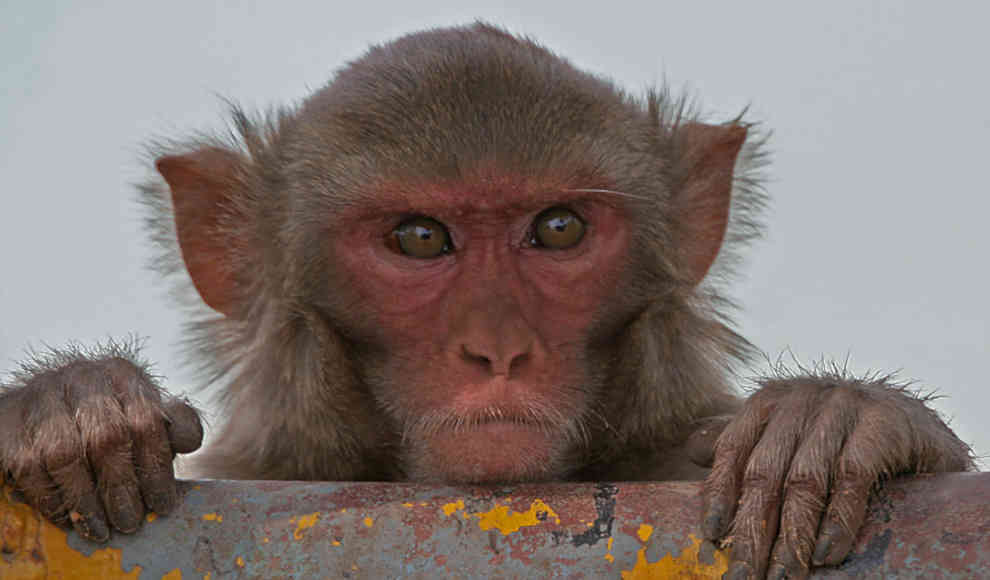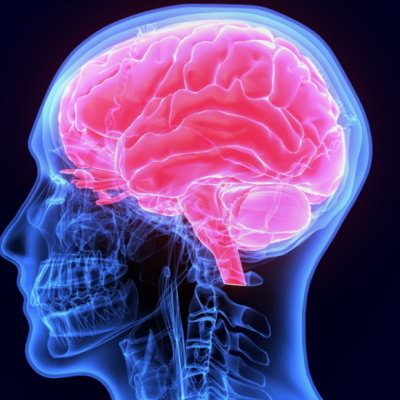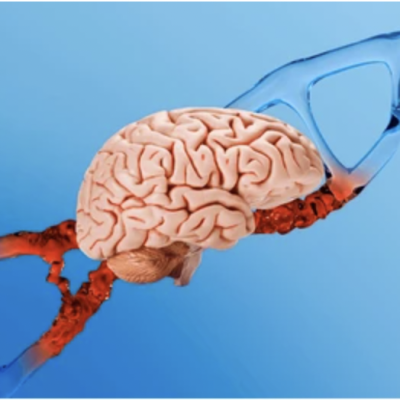Chinese and American scientists have successfully implanted the human gene MCPH1 into the brains of Rhesus monkeys. The gene is responsible for brain development, and the genetically modified monkeys showed human-like development similar to that of young children. In comparison to the control group, the genetically modified monkeys performed better in reaction time and memory tests. However, critics are concerned about the risks of humanizing animals in the laboratory, citing the movie “Planet of the Apes.”
The study was conducted by scientists from the Kunming Institute of Zoology, the Chinese Academy of Sciences, and the University of North Carolina. The results were published in the Chinese journal National Science Review. The researchers aimed to investigate whether the function of the monkey brain could be improved by adding human genes in certain areas. The MCPH1 gene plays a crucial role in the development of the human brain, and the genetically modified monkeys showed changes in brain development compared to the control group. The researchers explained that “there was a slowed maturation of neurons and thus a delayed development of the brain.” This characteristic change in the brain resulted in human-like development.
Although the experiment was not entirely successful, with only five out of eleven genetically modified monkeys surviving the test phase, the researchers hope to gain important insights into fundamental questions about the function of the human brain. The study also examined whether the nerve cells of the genetically modified monkeys had changed. The exact functions of the MCPH1 gene are still unknown, but it is responsible for cell division and brain development. The experiments with Rhesus monkeys, due to their genetic similarity to humans, could help to gain new knowledge about neurological and social disorders in humans.
The presentation of the study has caused both excitement and horror in the scientific community. Bioethicist Jacqueline Glover from the University of Colorado is concerned that the “humanization of experimental animals offers great potential for harm.” However, Larry Baum from the University of Hong Kong, who was involved in the study, sees no danger, as “only a few” of the monkeys’ 20,000 genes were modified. Further experiments are planned, including the implantation of the human gene SRGAP2C, which is responsible for brain development and is believed to significantly influence human intelligence, and the gene FOXP2, which is responsible for language development. The researchers also plan to increase the number of test animals to obtain more meaningful results.










